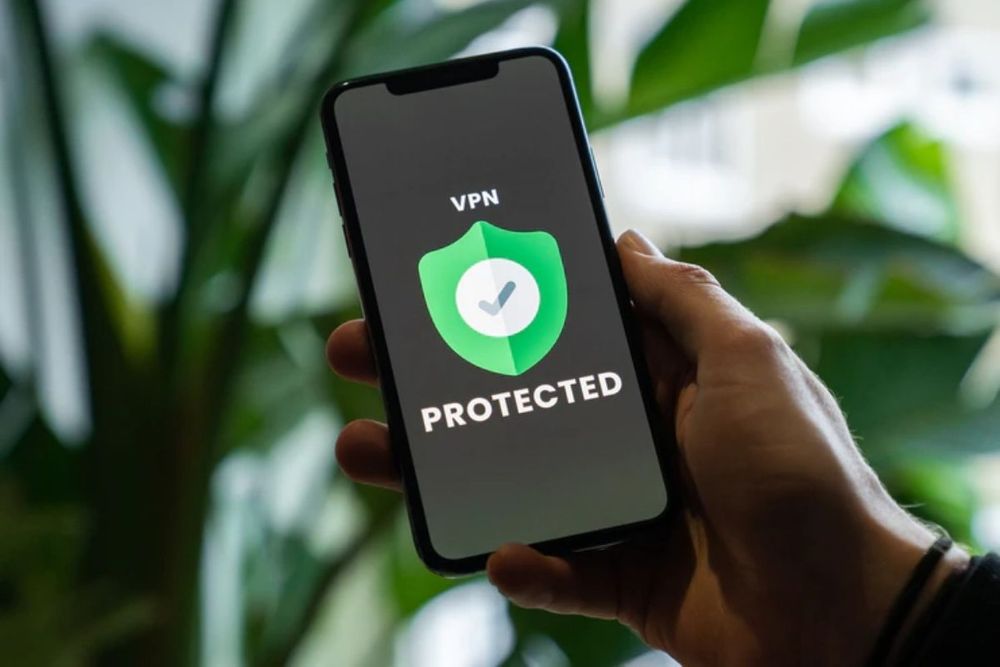Personal data and users’ online information is being actively collected throughout the world, slowly causing online freedom to be just a myth. Even though you might not care about some of your data being collected without consent, such actions still violate our human rights, specifically our right to privacy.
Here are three of the best ways through which you can protect your online freedom and limit the sharing and collection of your data without consent.
Using a VPN
When traveling, we tend to connect to any available Wi-Fi that we come across, especially if we travel abroad. On top of that, international travel also means that certain content and platforms that we use daily might be banned or restricted. Naturally, this should be taken as something that goes against your online freedom as it is a form of censorship.
First of all, connecting to random Wi-Fi networks comes with serious security risks for our personal data. Hackers can easily breach these networks and access our computers/devices and steal our data. Then, an app that you use might be restricted in a certain country and the country is able to enforce such a thing thanks to geolocation tracking. How do we solve such issues?
The easiest solution is to use the help of a VPN, also known as a virtual private network. This type of software tricks the network you are connected to, making it believe that you are connected from another location under a different IP. In short, this means that location tracking and data collection are prevented!
Use Signal in Favour of Other Chat/Messaging Apps
Even though WhatsApp, for example, reportedly comes with top-notch data and message encryption on both ends, let’s not forget who owns it. That’s right, Facebook – which is an advertising-based business that basically makes money using your private data. The same applies to Instagram, obviously Messenger, and potentially even to Twitter.
The main result of the information above is the fact that your messages and data that you share with your friends are probably analysed and shared with other entities. Of course, the main goal of doing so is rounding up a profit for companies such as Facebook. But this is also one of the ways through which they violate your online freedom.
One easy way to avoid companies taking a peek at your private conversations and calls is to find alternative software to WhatsApp and the likes. Probably the best alternative on the market at the moment is Signal. Unlike almost all of the other messaging apps out there, Signal is developed solely with privacy in mind. That’s it – no profit and no data collection, just privacy!
Use Anonymous Search Engines
When searching for something with the help of a search engine, the latter remembers your search queries so that it can provide you with personalized search results in the future. While it might sound good, it may be detrimental to the majority. Personalized results might also imply that you’re hidden the actual, viable results of your queries in the favour of one that advertises products or services.
We don’t even have to mention that non-anonymous search engines actively and constantly collect personal data from you. For instance, in one recent scandal, it was discovered that Google might actually collect data from its users even when they are browsing in Incognito Mode.
Luckily for us, there are engines that do not profile their users, thus making for a coherent and unified search page, so to call it. DuckDuckGo, for example, avoids personalized search results completely. All the users that search for the same term will be given the exact same results. In short, such a search engine does not factor – nor it gathers data related to – history, personal data, location, and so on.
The Bottom Line
Taking into account certain recent lawsuits, such as the ones related to Facebook and Google, we must remember that the right to privacy and to online freedom is ours. At the same time, we must acknowledge that mega-corporations make billions on the back of our personal and private data.
On the other hand, more dire scenarios imply that personal online data could be used to manipulate the population. As such, a lack of online freedom might eventually lead to a lack of freedom overall.
Fortunately, the three things mentioned above are not the only things that can help us maintain our freedom. Even though they are enough to achieve it, a little bit of extra research can really teach us what we need to know when it comes to making devices our allies in the fight for online freedom!
News Source: The Arabian Post









